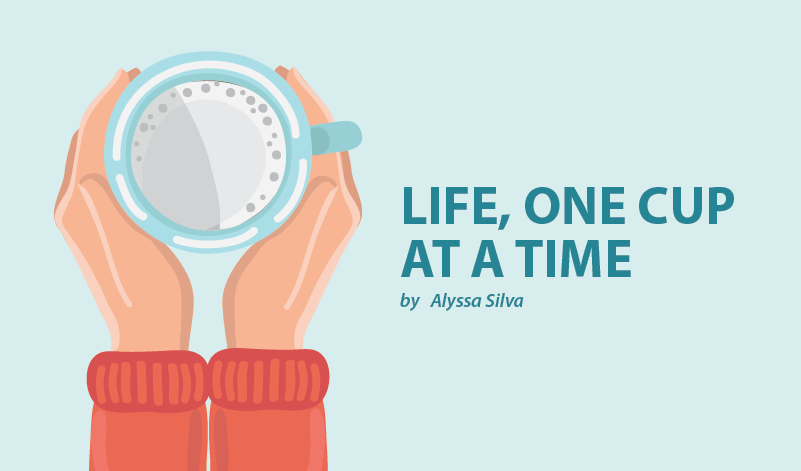Teaching Children About My Disability
Written by |

It’s no question that children are curious little people, and as someone in a wheelchair, I have often witnessed their curiosity. If I were to guess, I’d assume disabilities aren’t something they’ve seen in their short little lifetimes. As a result, they stare and allow their curiosity to get the best of them.
When I was growing up, I didn’t know anyone else living with a disability. I imagine seeing me in a wheelchair is simply new information to process and cause for their stares.
That said, children are incredibly impressionable. Their minds are like sponges, and they will soak in the world around them through what they’re told and the behaviors associated with it. While I condone staring (from children, not grown-ups), I don’t condone the way that some parents or caretakers respond to their child staring.
Many years ago, I went out for ice cream with a few friends. The place was packed on a hot summer night, so I told my friends I’d go save us a table. I weaved my wheelchair out of the line, and as I was approaching the only table available, a little girl screamed, “Mommy! Ugly!”
I’ll admit it was a hit to my ego, but what followed stung the most.
The girl continued to wail because, of course, my table was inconveniently next to hers. However, instead of educating her, the parents coddled her. They hugged her and stroked her hair as they hurriedly grabbed their belongings and left.
I was dumbfounded. I couldn’t believe how they handled the situation and how the daughter must have processed seeing a girl in a wheelchair based on her parents’ reactions. If anything, this was what hurt the most. A child saw someone who looked unlike anything her naive mind had seen, so she reacted. But the way that her parents, the people she most likely idolized and looked up to, responded tore me apart.
That night, the little girl labeled me as different. She simply didn’t know how to make sense of something she most likely had never seen before and panicked. In a way, I was processing this information for the first time as well. A child had never responded to me in that manner before. And while my innate reaction was to feel hurt or offended, I eventually found it to be an eye-opening experience that has taught me how to appropriately tell a child about my disability.
From that day forward, I decided to avoid using the word “different” when answering a child’s curiosity about my disability. It’s easy to say I can’t walk because I’m different, but that only fosters the idea that I’ll be treated differently, and maybe even poorly. To keep matters simple, I say something along the lines of I was born this way or that my legs don’t work. And usually to their amazement, my wheelchair is often enthusiastically referred to as a “really cool car that helps me get around.”
Just the other day, my 3-year-old nephew said, “Titi no walk.” (Titi is Portuguese for auntie.) We all looked at each other a little confused because no one told him this in the past, so we prompted him again. This time, his mother asked why Titi had “boo-boos” on her feet, and again, he answered with the same response.
It’s amazing how much of an influence a child’s surroundings have as they begin to learn the wonderment that is the world around them. That is why I choose my words carefully and my behaviors intentionally. It is our duty as adults to help children learn and grow. But it is our choice to want to teach acceptance at an early age and foster this concept as they encounter the many diversities in life.
***
Note: SMA News Today is strictly a news and information website about the disease. It does not provide medical advice, diagnosis, or treatment. This content is not intended to be a substitute for professional medical advice, diagnosis, or treatment. Always seek the advice of your physician or other qualified health provider with any questions you may have regarding a medical condition. Never disregard professional medical advice or delay in seeking it because of something you have read on this website. The opinions expressed in this column are not those of SMA News Today, or its parent company, Bionews Services, and are intended to spark discussion about issues pertaining to spinal muscular atrophy.




Leave a comment
Fill in the required fields to post. Your email address will not be published.